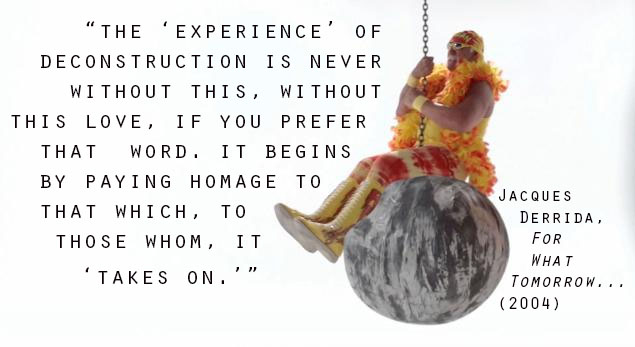 Read more.
Read more.

A Peer Reviewed Blog
 Read more.
Read more.
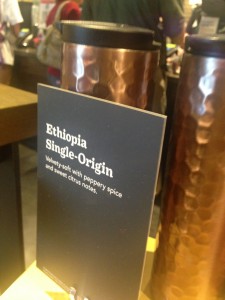 During a recent coffee run to Starbucks, an advertisement caught my eye – it read – “Ethiopia Single-Origin.” They’re many things about this ad that strike me as curious, especially the ways in which ‘Origin’ as a single and monolithic “thing” is juxtaposed over and against the country Ethiopia which is, like all places, quite heterogeneous.
During a recent coffee run to Starbucks, an advertisement caught my eye – it read – “Ethiopia Single-Origin.” They’re many things about this ad that strike me as curious, especially the ways in which ‘Origin’ as a single and monolithic “thing” is juxtaposed over and against the country Ethiopia which is, like all places, quite heterogeneous.
These terms coupled together create a homogenizing effect through mythological constructions of singularity and originality. What could possibly be singular about the country Ethiopia and the coffee beans produced there (consider, for example, in Ethiopia, there are over 90 individual languages/communication systems operative)? Just a brief consideration of the (cross-cultural and geographical) travel involved in the producing, manufacturing and selling of commodities like coffee beans from this place and that ought to shift such discourse on the perceived distinctiveness of such claims. Continue reading “Fabricating Origins …One Coffee Bean at a Time”
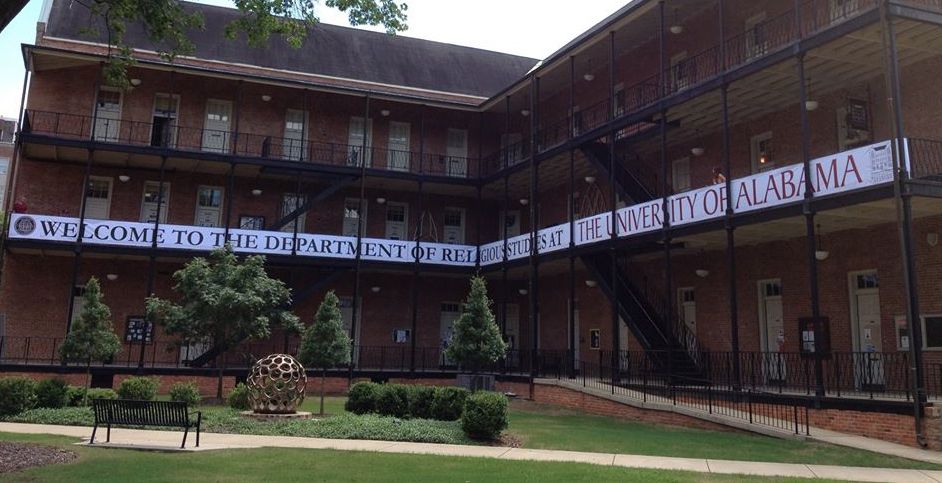 This month, I had the honor and privilege of delivering the endowed inaugural Day Lecture (in honor of Zachary Day who was a religious studies major at The University of Alabama before he passed) on religion in popular culture for the Department of Religion where scholar of religion Russell T. McCutcheon is currently Chair. I was struck by and in awe of the intellectual energy there among students who major and minor in religious studies. Not just that they were studying religion, but how they were thinking about the academic study of religion in their own specialties of interest. As someone who has spent the last three years teaching religion on both the undergraduate and graduate levels, and very much interested in the ongoing conversations regarding the “crisis” in the humanities and “decreasing interest” in fields such as religion, it strikes me that getting students to see the utility in and broad possibilities of something like the academic study of religion might rely upon how we as scholars, or departments, for example, demonstrate not so much what religion is but how studying religion might assist in exploring a wide variety of data in the social world – such as claims to identity and difference. The latter, in part, relies upon how we both mark (and market) the academic study of religion, perhaps away from a static and self-evident “thing” (over there) towards a notion of religion as more of an “anthropological enterprise” – a social process – a human doing and making. Continue reading “Studying Religion by Not Studying Religion? Notes from the Field”
This month, I had the honor and privilege of delivering the endowed inaugural Day Lecture (in honor of Zachary Day who was a religious studies major at The University of Alabama before he passed) on religion in popular culture for the Department of Religion where scholar of religion Russell T. McCutcheon is currently Chair. I was struck by and in awe of the intellectual energy there among students who major and minor in religious studies. Not just that they were studying religion, but how they were thinking about the academic study of religion in their own specialties of interest. As someone who has spent the last three years teaching religion on both the undergraduate and graduate levels, and very much interested in the ongoing conversations regarding the “crisis” in the humanities and “decreasing interest” in fields such as religion, it strikes me that getting students to see the utility in and broad possibilities of something like the academic study of religion might rely upon how we as scholars, or departments, for example, demonstrate not so much what religion is but how studying religion might assist in exploring a wide variety of data in the social world – such as claims to identity and difference. The latter, in part, relies upon how we both mark (and market) the academic study of religion, perhaps away from a static and self-evident “thing” (over there) towards a notion of religion as more of an “anthropological enterprise” – a social process – a human doing and making. Continue reading “Studying Religion by Not Studying Religion? Notes from the Field”
 Read more.
Read more.
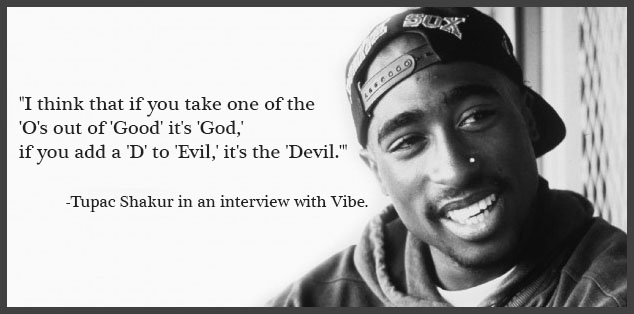 Listen to a clip of the interview here.
Listen to a clip of the interview here.
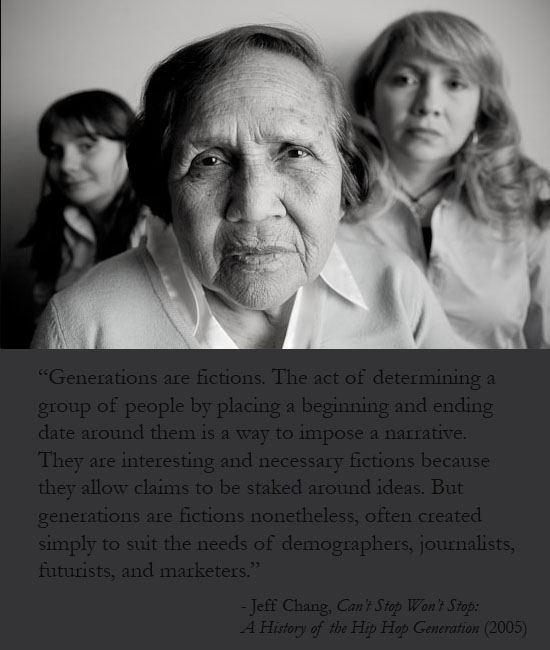
Read more.
 What’s in a name? Well apparently a whole lot according to one judge in Eastern, Tennessee, Child Support Magistrate Lu Ann Ballew, who not too long ago, ruled (while the parents were in court for not being able to agree on the child’s last name) that a 7-month old baby boy named Messiah, name be changed to “Martin,” arguing that only one person is deserving of such a name and “that one person is Jesus Christ.” The mother of the child, Jaleesa Martin, is appealing the decision. Continue reading ““And You Shall Call His Name Jesus””
What’s in a name? Well apparently a whole lot according to one judge in Eastern, Tennessee, Child Support Magistrate Lu Ann Ballew, who not too long ago, ruled (while the parents were in court for not being able to agree on the child’s last name) that a 7-month old baby boy named Messiah, name be changed to “Martin,” arguing that only one person is deserving of such a name and “that one person is Jesus Christ.” The mother of the child, Jaleesa Martin, is appealing the decision. Continue reading ““And You Shall Call His Name Jesus””
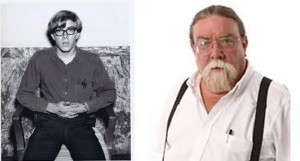 A recent news story has many, especially those in academia, buzzing and debating. Some of the (sensationalist) headlines read:
A recent news story has many, especially those in academia, buzzing and debating. Some of the (sensationalist) headlines read:
2) “University Prof Keeps Job After Newspaper Reveals Shocking Secret”
The first sentence of the first story included just the right recipe of words for juxtaposing St. James’s identity over and against his past and present, it reads, “…connected the dots between the 61-year-old’s peaceful life as an academic and his violent past as Jim Wolcott, known murderer.” A journalist from the Georgetown Advocate even had the opportunity to sit down with the St. James, at a bar, and interview him. Continue reading “Getting Away With Murder”

10. Understanding the system of ideology that operates in one’s own society is made difficult by two factors: (i) one’s consciousness is itself a product of that system, and (ii) the system’s very success renders its operations invisible, since one is so consistently immersed in and bombarded by its products that one comes to mistake them (and the apparatus through which they are produced and disseminated) for nothing other than “nature.” – Bruce Lincoln, “Theses on Method” Continue reading “In Our Heart of Hearts”
 Code switching is often used to reference the actions (usually linguistic variations) of a particular person/group that is assumed to break from their own “natural” practices to perform codes “not their own” for the purposes of fitting in, acquiring capital, and accessing spaces thought to perceive the “native” practices of the switcher as illegitimate or illegible. This switching, or shifting as some call it, is often painted with a stroke of fluidity and described to take know-how, precision, performance and rehearsal. While the durability or recapitulations of code switching may come to be seen as natural over time, where it’s no longer recognized or described as a switch, it’s often thought to be something that is and can be [consciously] turned off and on like a light switch by the social actor. Continue reading “Whose Switch is a Switch?”
Code switching is often used to reference the actions (usually linguistic variations) of a particular person/group that is assumed to break from their own “natural” practices to perform codes “not their own” for the purposes of fitting in, acquiring capital, and accessing spaces thought to perceive the “native” practices of the switcher as illegitimate or illegible. This switching, or shifting as some call it, is often painted with a stroke of fluidity and described to take know-how, precision, performance and rehearsal. While the durability or recapitulations of code switching may come to be seen as natural over time, where it’s no longer recognized or described as a switch, it’s often thought to be something that is and can be [consciously] turned off and on like a light switch by the social actor. Continue reading “Whose Switch is a Switch?”